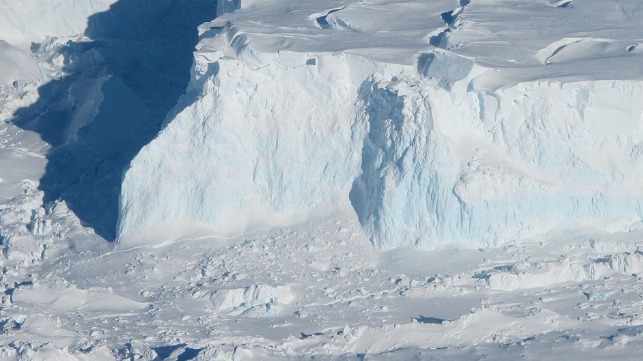The International Chamber of Shipping (ICS), which represents over 80% of the world’s merchant fleet, has submitted a revised proposal to the International Maritime Organization (IMO) that reaffirms the industry’s commitment to meet 2050 net zero carbon goals and sets out the full details of how this can be achieved via a “Fund and Reward” system.
This is the latest go round in a long series of industry attempts to fund shipping’s green transition by some form of levy on carbon and looks, essentially, to be a tweaked version of a plan proposed by ICS last October.
The Fund and Reward mechanism would be financed by a mandatory contribution by ships per tonne of CO2 emitted. The funds collected would go to an IMO fund that would reward first movers on preventing CO2 emissions by using alternative fuels such as methanol, ammonia and hydrogen, sustainable biofuels and synthetic fuels plus new technologies including carbon capture.
In the new submission, ICS has set out details of how a mandatory flat rate (levy-based) contribution by ships would be collected by an IMO Maritime Sustainability Fund. ICS says the contribution by ships per tonne of CO2 emitted could be set by IMO at a relatively low level and still be sufficient to narrow the price gap between alternative and conventional fuels.
In addition to funding the rewards program for the uptake of low and zero-carbon fuels, the contributions by shipping companies would generate billions of dollars annually to support the production of alternative marine fuels in developing countries. The fund will also be available to de-risk the rollout of the new bunkering infrastructure that will be required on an accelerated timescale.
“The Fund and Reward mechanism put forward by ICS is intended to be as simple as possible for IMO to establish. With political will, it can be readily adopted via the existing IMO MARPOL Convention by 2024, so that our commitment to net zero by 2050 can remain plausible given the enormous challenge of transitioning the entire global industry to new fuels and technologies in less than 30 years,” said Simon Bennett, Deputy Secretary General of the International Chamber of Shipping. “Our immediate goal is to ensure that some kind of levy-based global economic measure will be prioritized for rapid finalization by the IMO Marine Environment Protection Committee at its next meeting in July. This critical meeting of governments is also expected to adopt a formal net zero target for shipping which will only be truly credible if a measure such as that proposed by the industry is taken forward immediately.”
The level of contributions to the IMO fund would be a decision for governments. However, ICS has suggested that total funds of about $10 billion a year – which would require an initial contribution amount of about $50 per tonne of marine fuel oil consumed – could be sufficient to fund a rewards program up until about 2030 while also providing tens of billion dollars to support maritime GHG reduction projects in developing countries.
ICS says that, at the previous Marine Environment Protection Committee (MEPC 79) in December 2022, there was increasing support among governments for an economic measure that could provide the world fleet with the needed incentive to effectively accelerate the energy transition.
To assist a decision at MEPC 80 in July 2023, the latest ICS “Fund and Reward”submission provides additional information about the GHG reduction measures to be prioritized for development, and explains the core elements of the mechanism that need to be finalized and the variables that will determine the initial amountof the contribution by ships and the reward rate for the use of eligible alternative fuels. The submission also sets out a full regulatory package, including suggested amendments to MARPOL Annex VI, to demonstrate how the Fund and Reward mechanism can be adopted by IMO member states by 2024.
- The full ICS submission to ISWG-GHG 14 (IMO London, March 20-24, 2023) can be downloaded HERE.















